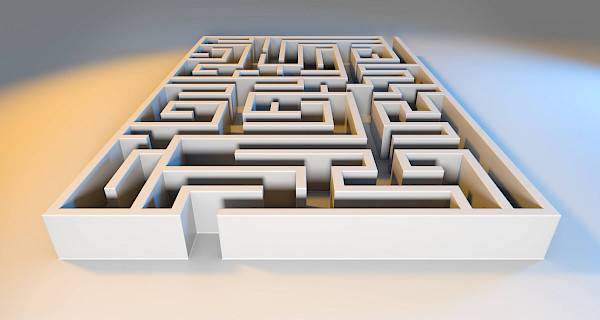Episode transcript The transcript is generated automatically by Podscribe, Sonix, Otter and other electronic transcription services.
Ricardo (4s):
Ricardo (49s):
Ricardo (1m 29s):
Ricardo (2m 13s):
Ricardo (2m 59s):
Ricardo (3m 44s):
Ricardo (4m 27s):
Ricardo (5m 15s):
Ricardo (5m 55s):
Ricardo (6m 38s):
Ricardo (7m 18s):
Ricardo (8m 1s):

